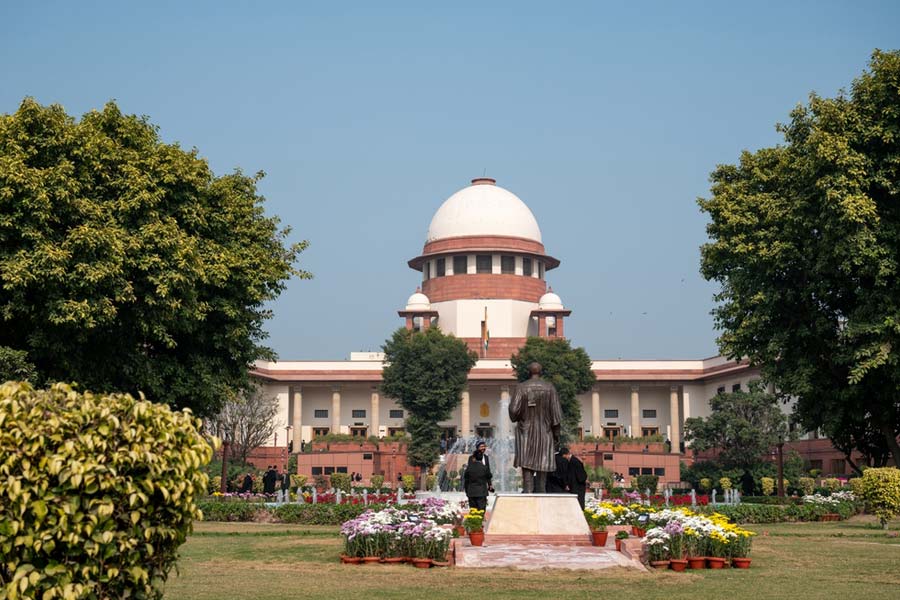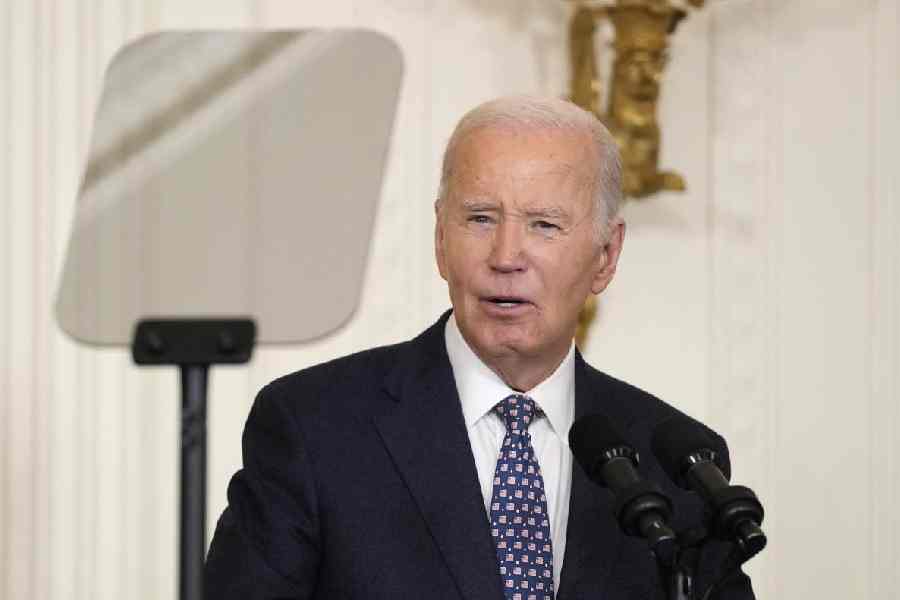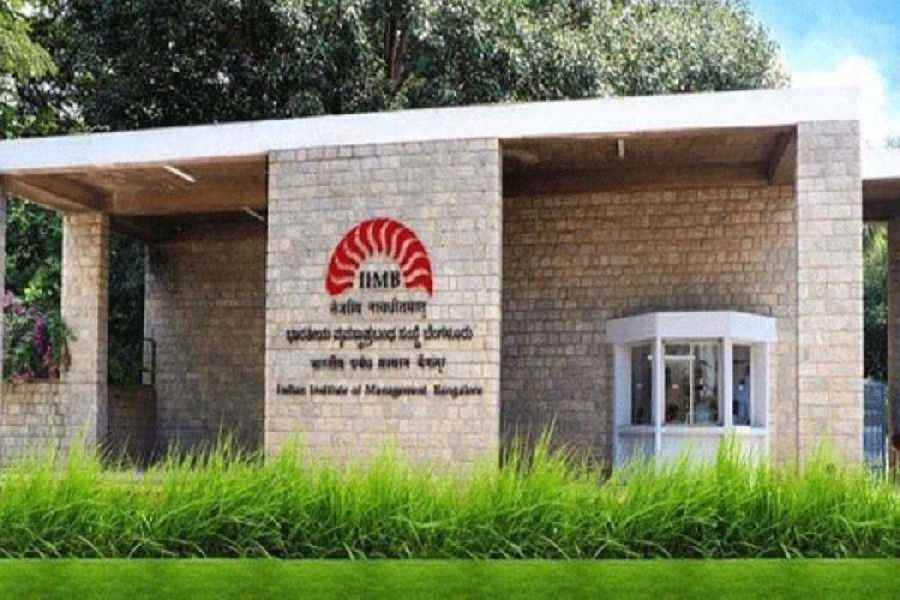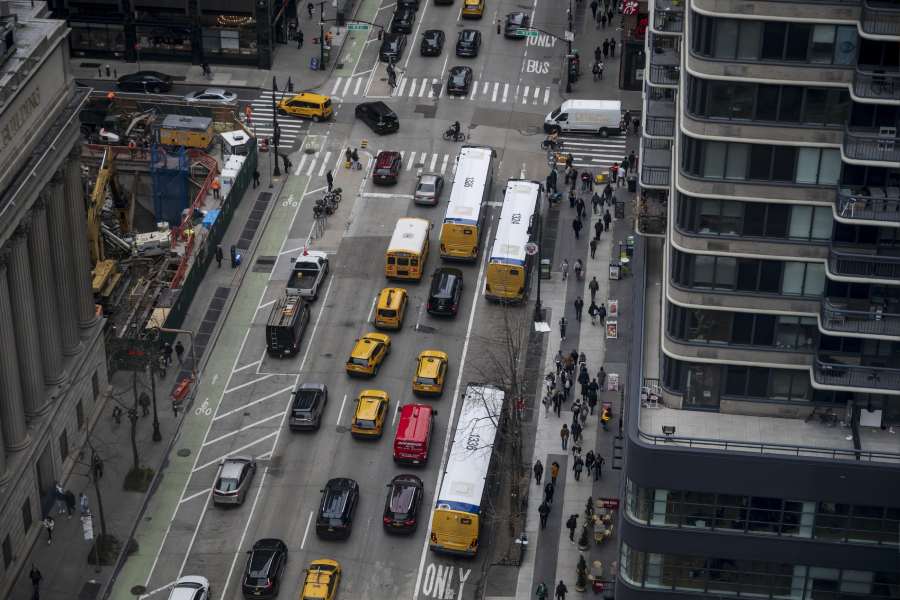The Supreme Court has ruled that the CBI does not need the consent of state governments to prosecute central government officials posted in different states.
A bench of Justices C.T. Ravi Kumar and Rajesh Bindal passed the ruling while setting aside a Telangana High Court order that had quashed the corruption cases registered by the CBI against two central government employees posted in erstwhile undivided Andhra Pradesh.
The CBI had registered FIRs against the two accused officials — A. Satish Kumar and Challa Sreenivasulu.
First respondent Kumar, who was working as a superintendent of central excise at Nandyal in Kurnool district, had allegedly demanded and accepted a bribe of ₹10,000 from the contractor, Arif, to issue a licence surrender certificate.
Second respondent Sreenivasulu, who was working as an accounts assistant in the office of the senior divisional financial manager (Guntakal) of the Indian Railways, had allegedly obtained a bribe of ₹15,000 from C. Dorrai Rajulu Naidu to process contract bills.
Though the CBI had filed chargesheets before the competent court in Hyderabad against the two officials, Telangana High Court had quashed the cases on the ground that Telangana had not issued a general consent order as required under the Delhi Special Police Establishment (DSPE) Act under which the CBI functions.
Aggrieved, the CBI filed the current appeal in the apex court.
Allowing the appeal, Justice Ravi Kumar noted that the FIRs were registered against both officials under Section 7 of the Prevention of Corruption Act, 1988, which is a central Act.
“Irrespective of the place of posting, the aforesaid factual position would go on to show that they were central government employees/central government undertaking employees and allegedly committed serious offence under the Prevention of Corruption Act, which is a central act,” the apex court judgment noted.
The apex court said the central issue in the case was whether the CBI required the state government’s consent to register an FIR against a central government employee under a central Actsimply because the employee worked within the territory of a state.
It held that no such consent was necessary as the offences in question were under a central legislation and involved central government employees.
Justice Ravi Kumar said the consent regime under Section 6 of the DSPE Act was not designed to obstruct investigations into central offences only because they transpired within a state’s territorial limits.
“In such circumstances, considering the questions from such different angles, we are of the firm view thatthe impugned judgment whereunder subject FIRs and further proceedings in pursuance thereof, were quashed cannot be sustained,” the apex court said while allowing the CBI’s appeal.










